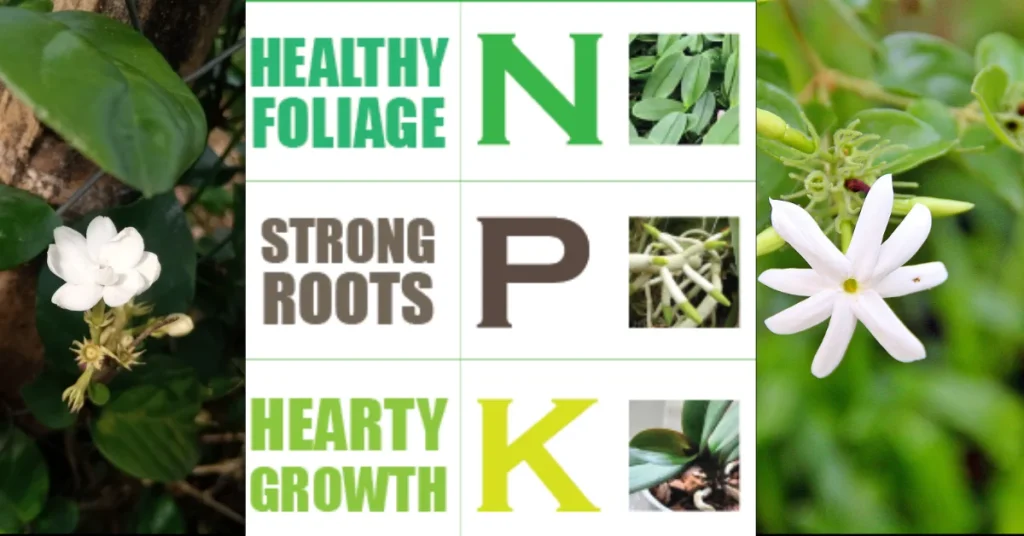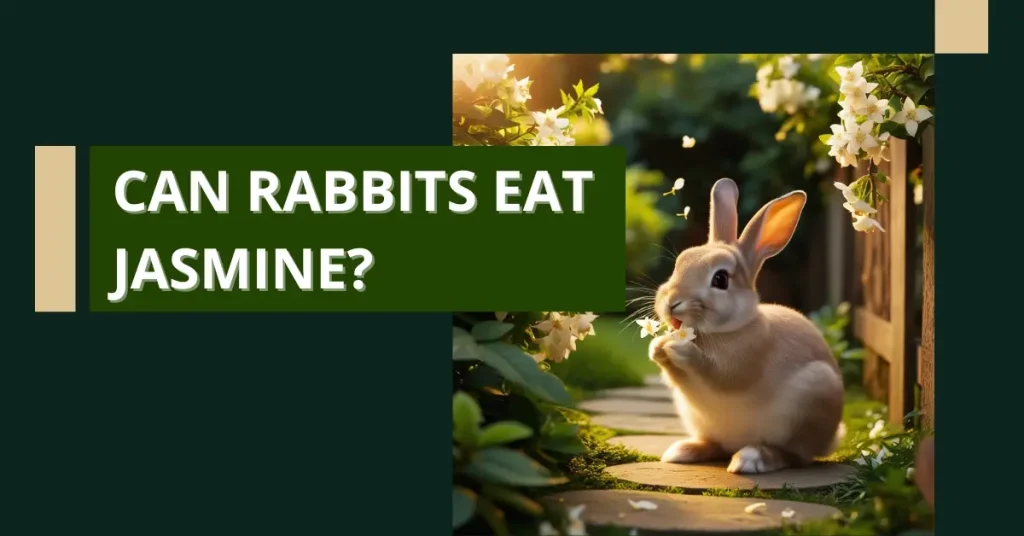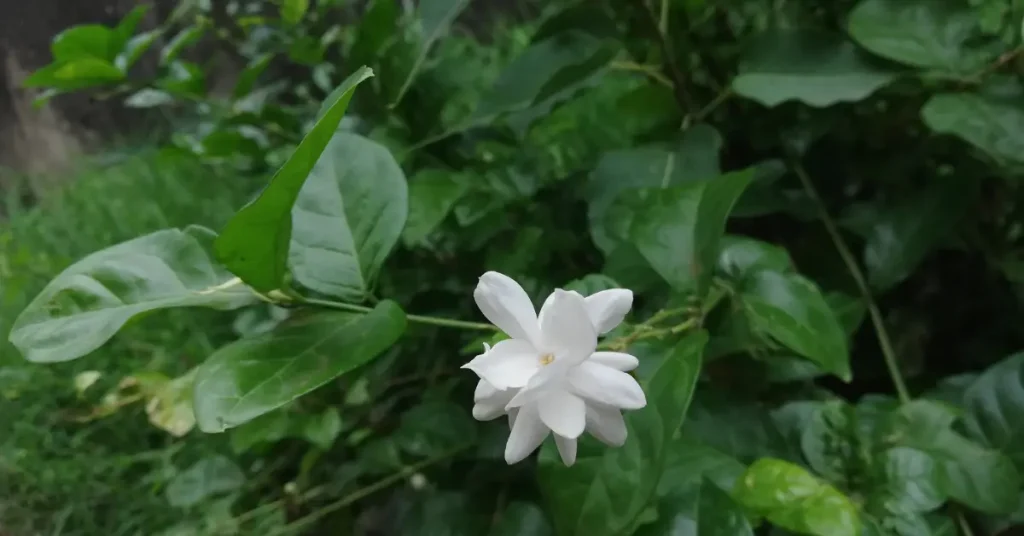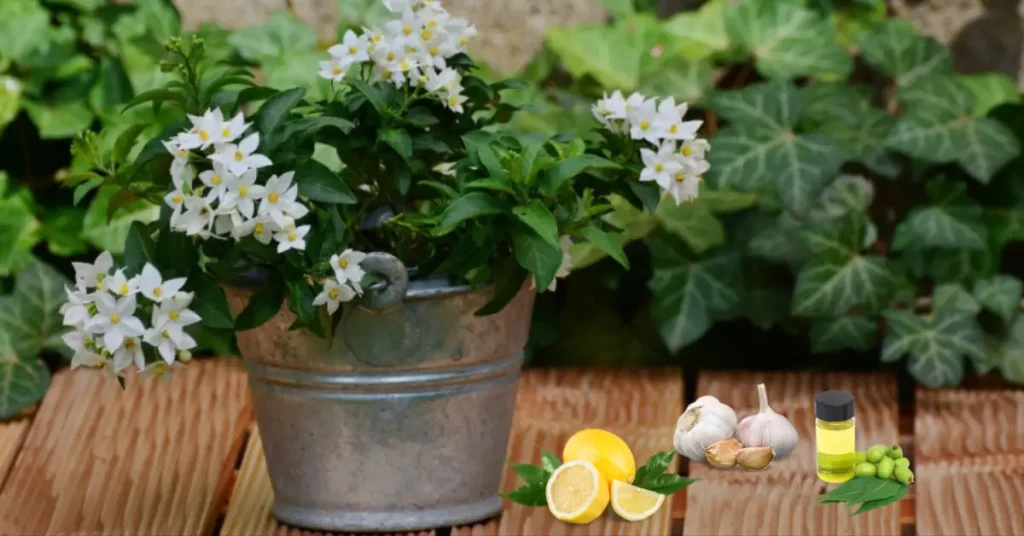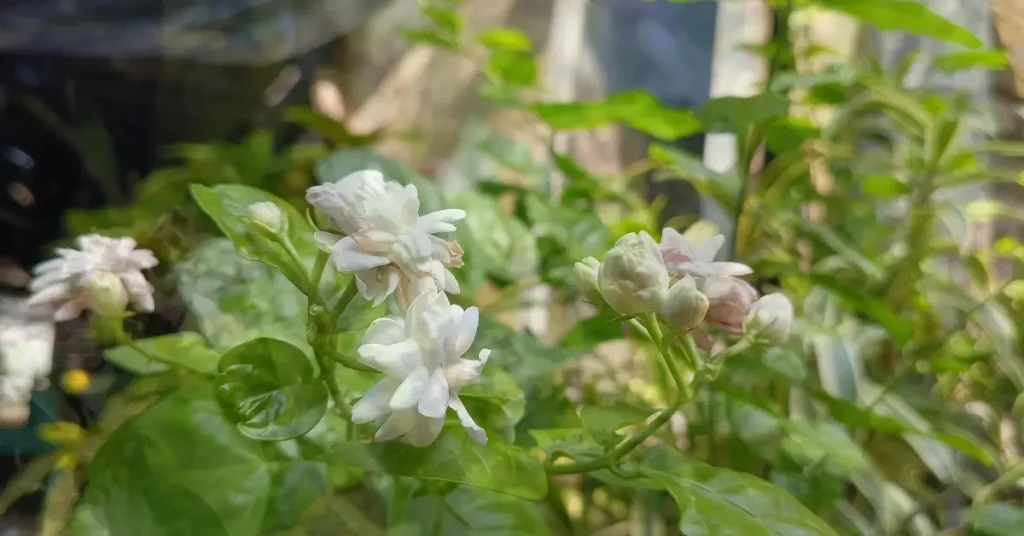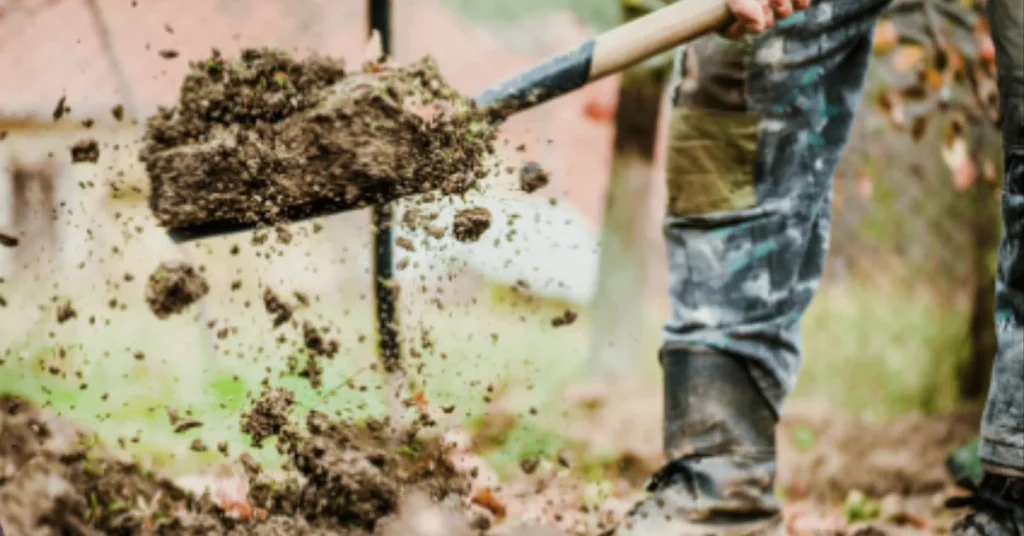Is Jasmine Poisonous To Cats? Toxic and Non-Toxic Types
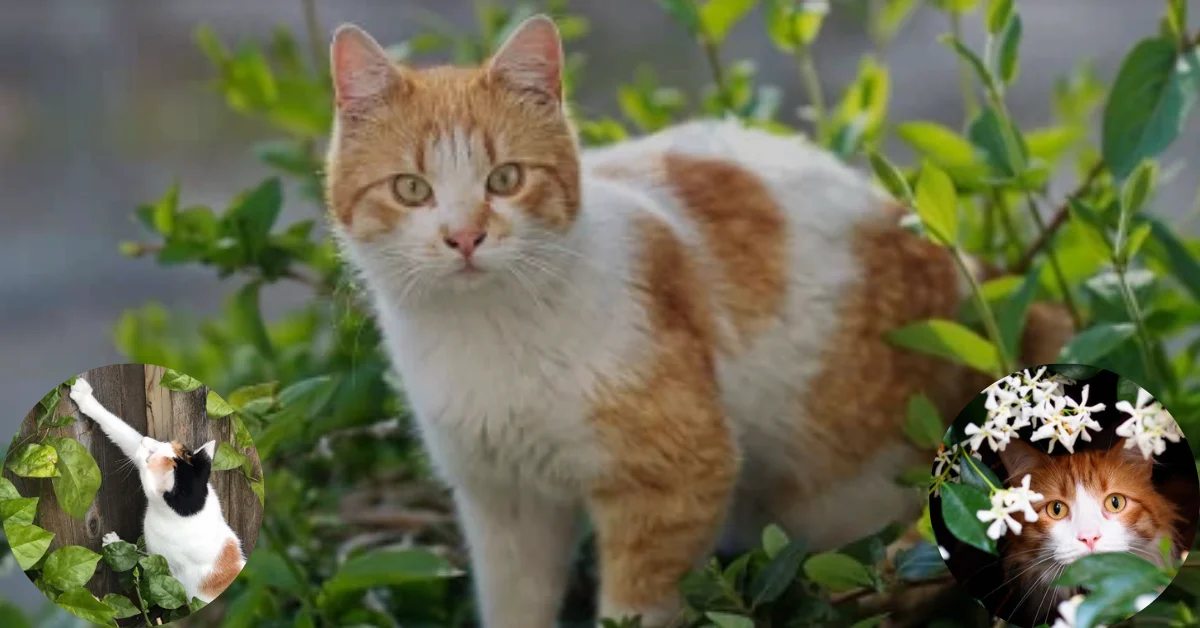
Everybody loves a garden full of colourful flowering plants. Jasmine flower is one of them, a symbol of love and innocence and its scent make it standout among the various ones. A valid concern is: is jasmine flower edible or whether they are toxic to pets.
Look, all plants are not safe for pets. Cat owners seek either jasmine is poisonous to their cats?
The quick answer is:
The answer is to consider if it is true jasmine or not. According to American Society for the Prevention of Cruelty to Animals (ASPCA) true Jasmine is not toxic for cats. Jasmine has almost 200 species. Many jasmine varieties are loved for their decorative and artistic beauty. Here we are going to discuss the varieties that are safe and toxic for your cats, how to avoid toxicity and what to do in case of toxicity occured.
Toxic and Safe Varieties
Winter Jasmine
This evergreen deciduous shrub is native to China and UK. Winter Jasmine is safe for cats. It can cause mild stomach upset. Cats often chew plants for stimulation, so give them plenty of distractions (Interactive Toys, Catnip Toys, Scratching Posts etc) to prevent this.
Japnese Jasmine
Jasminum mesnyi, also known as Yellow Jasmine Flower, the primrose jasmine or Japanese jasmine, is native to Vietnam and southern China. It’s one of the most popular fragrant flowers of the world and used in landscaping. yellow jasmine is toxic to pets, including dogs and cats.
What is the most toxic house plant for cats?
Lilies are one of the most toxic house plants for cats. They can cause kidney failure and lead eventually death.
Star Jasmine
Star Jasmine is a rapidly growing evergreen vine. It contains star shaped fragrant flowers. Australia, India, China and USA are popular grown areas for this flower. It is not clear about the star jasmine is safe or toxic for cats. However, the sap of star jasmine is harmful for the cats. I do advise to watch the symtoms in your feline friend if chewed.
Read This: Is Star Jasmine Flower Poisonous
Chilean jasmine
Argentina and Bolivia are home regions of Chilean Jasmine. It contains bunches of tubular shaped white flowers. These flowers fills the air from mid-summer to fall. Chilean Jasmine is non-toxic for cats. It can be risky for cats if taken in large number. Vomiting and diarrhea are common symptoms of disturbance. Observe the symtoms and do the needful accordingly.
Madagascar Jasmine (Stephanotis floribunda)
The Madagascar jasmine, wax flower, Hawaiian wedding flower, or bridal wreath is an evergreen woody vine. The fragrant flowers of Madagascar Jasmine are often used in bridal bouquets, corsages, and floral arrangements for weddings and special events. This pure white flowering plant is non-toxic for your pet friend cat. It may cause digestive issues if taken in large quantity.
Cape Jasmine
Gardenia Jasminoides (Cape Jasmine) stands as top choice among tropical flowers. China, Taiwan and Japan are home towns for this flower. Cape jasmine is toxic to cats. If your cat is facing some health issues already, then consumption of this flower can accelerate the symptoms. It may cause serious stomach upset. Be cautious for symptoms like vomiting.
Arabian Jasmine
From the Indian Subcontinent to Southeast Asia are the areas of this flower. Arabian Jasmine is toxic for cats and dogs. Toxic glycosides in Arabian Jasmine is responsible ingredient that is harmful for both pets. The consumption of this plant can cause Vomiting, diarrhea and lethargy.
Is jasmine smell safe for cats?
Yes, Jasmine flower smell is safe for cats.
Red Jasmine
Red Jasmine is a robust semi evergreen garden plant. It has pinky red flowers with strong attractive scent. Unfortunately, it is toxic to cats. It contains harmful alkaloids. Consumption of this flower can cause diarrhea, vomiting, and excessive salivation.
It is well grown in the areas of tropical and sub-tropical. Caribbean, Central America, Florida and Brazil.
Night-Blooming Jessamine
Night blooming Jasmine flower also known as Raat Ki Raani symbolizes romance and mystery. Its intoxicating fragrance and flowers only appears when there are no lights on and romantic ambience at night transforms ordinary evenings into memorable moments.
It is a famous subtropical ornamental plant. It is highly toxic for cats. All parts including berries and flowers are dangerous. Ingestion causes acute diarrhea, vomiting and lethargic condition among your cat. Take your cat to veterinary immediately.
Crape Jasmine
Crape jasmine is commonly called pin wheel flower. It has white flowers that blooms in the moonlight year-round. It is toxic to pets and especially for cats. If ingested in large number, it can cause drooling, vomiting, diarrhea, and an increased heart rate. It creates life threat for your beloved cat.
Fortunately, its bitter taste usually stops them from eating it in large amounts.
How To Avoid The Toxicity Situation?
- Keep plants out of reach: Place toxic plants in areas your cats can’t access. If they are in pots and small in size, you can place them on high shelves or in hanging baskets. If they are large in size, use a fence for safety of your cat.
- Prevention is Better: Prevention is always better than cure. So try to avoid such plants those are risky for your pet. Get a brief knowledge about jasmine varieties those are toxic. Avoid bringing those toxic species to get into your home or garden.
- Use Deterrents: Cats doesn’t like smells. Spray citrus or cayenne pepper scents around the plants to discourage cats from approaching. It will work as safe deterrents for cats.
- Educate your Family Members: Make sure everyone in your house knows which plants are unsafe for pets. So they can discourage your pet’s approach to the toxic plants.
- Provide Safe Alternatives: Cat is a curious and enthusiastic pet. A wide range of toys are available online such as cat ball jingle balls, scratching posts, Fur Mouse etc. Shop interactive toys for your cats and kittens and engage them with toys. Moreover, encourage cat-friendly plants like catnip or wheatgrass to satisfy your cat’s curiosity and chewing needs.
- Check for Signs: If you notice any unusual activity among your cat like vomiting or drooling, be conscious. Contact your vet immediately if you suspect your cat has eaten something toxic.
What To Do in Case of Toxicity
Stay Calm
Try to stay calm in this kind of situation. Your calmness will help your friend to be clam and controlled. Your nervousness could make the situation more worst.
Immediate First Aid
Calmness doesn’t mean that everything is very fine. It means we can control the situation. Provide immediate first aid to your cat.
Sometimes vomit helps to remove toxic elements from the stomach of cat.
Try for Immediate Veterinary Visit
After immediate first aid, it’s crucial to consult a vet or Pet Poison Helpline for detailed checkup as soon as possible. Don’t forget to take the sample of the species of toxic jasmine along with you. It will help the veterinary to understand the risk factors and areas of action.
Final Words
In conclusion, while not all jasmine plants are poisonous to cats, several varieties can pose significant health risks. The ASPCA warns, however, that even a nontoxic plant can cause gastrointestinal upset in pets if they eat it.
It’s important to learn about the types of Jasmine to choose a better and safe option for your garden décor.To keep your cat safe, select for non-toxic plants and provide plenty of distractions. By taking these precautions, you can enjoy the beauty of jasmine while ensuring your cat’s well-being.
FAQs
Q: Is Arabian Jasmine pet friendly?
Ans: Arabian Jasmine is toxic to cats and dogs.
Q: Can cats eat Pink Jasmine?
Ans: Pink Jasmine (Jasminum Polyanthum) is toxic for cats. It contains alkaloids which are harmful.
Q: Which Plants are safe for cats?
Ans: Roses (thorn less), gerbera daisies, snapdragons, Spider Plant, Sword fern, Money tree and orchids are safe flower plants to cat.

I am a Food Technologist. Content writer and inspire my readers to understand the composition, production, and processing of different types of food.

